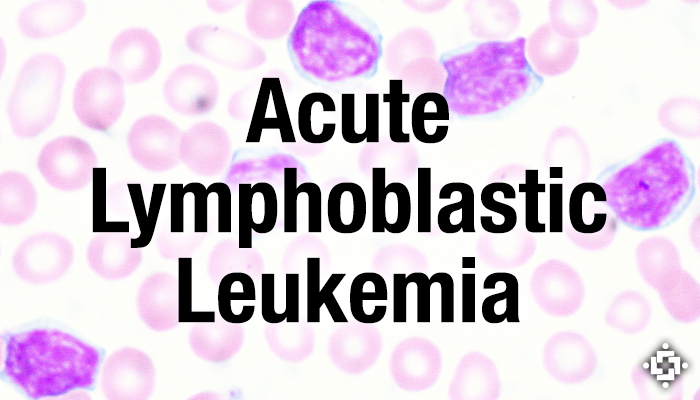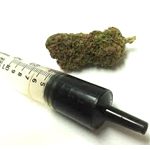
Teen Treats Acute Lymphoblastic Leukemia With Medical Marijuana
As we know, a growing number of studies have suggested a link between cannabis and cancer. Anecdotal success stories of people using the plant to treat their ailments are popping up with increased prevalence and cannabis is gaining ground as a viable treatment for cancer.
In November, two Canadian researchers published a case study in the journal Case Reports in Oncologythat adds to the scientific literature on cannabis. It suggests that cannabis extracts could help treat acute lymphoblastic leukemia (ALL).
Whole-Plant Cannabis Extract Helps Treat 14-Year-Old’s Leukemia
 Acute lymphoblastic leukemia (ALL) is a cancer of the white blood cells that can cause death in a matter of a few weeks if left untreated. With that said, combination therapy is the most common form of treatment.
Acute lymphoblastic leukemia (ALL) is a cancer of the white blood cells that can cause death in a matter of a few weeks if left untreated. With that said, combination therapy is the most common form of treatment.
More than 94 percent of children affected with the disease are still in remission after 5 years. The same can only be said of 30-40 percent of adults.
Still, a 14-year-old patient from Canada suffered from an overly aggressive form of acute lymphoblastic leukemia and traditional treatments were unsuccessful after 34 months. A standard bone marrow transplant, aggressive chemotherapy, and radiation therapy were revoked and treatment was deemed a failure.
“Cannabis extracts offered an effective treatment for acute lymphoblastic leukemia.”
In turn, the family started their child on a cannabis extract regimen. Specifically, they chose to administer whole-plant cannabis extracts orally, much like the method popularized by Rick Simpson (RSO).
Yadvinder Singh is the author of the Canadian case study. According to his observations, cannabis extracts offered an effective treatment for acute lymphoblastic leukemia. In fact, he noted that there were “indications of dose-dependent disease control.”
Double-blind experiments with a much larger sample size will be necessary before the entire medical realm is in agreement with Dr. Singh. Still, more case studies are greatly encouraged. If nothing more, they provide documented evidence to the therapeutic benefits of cannabis.